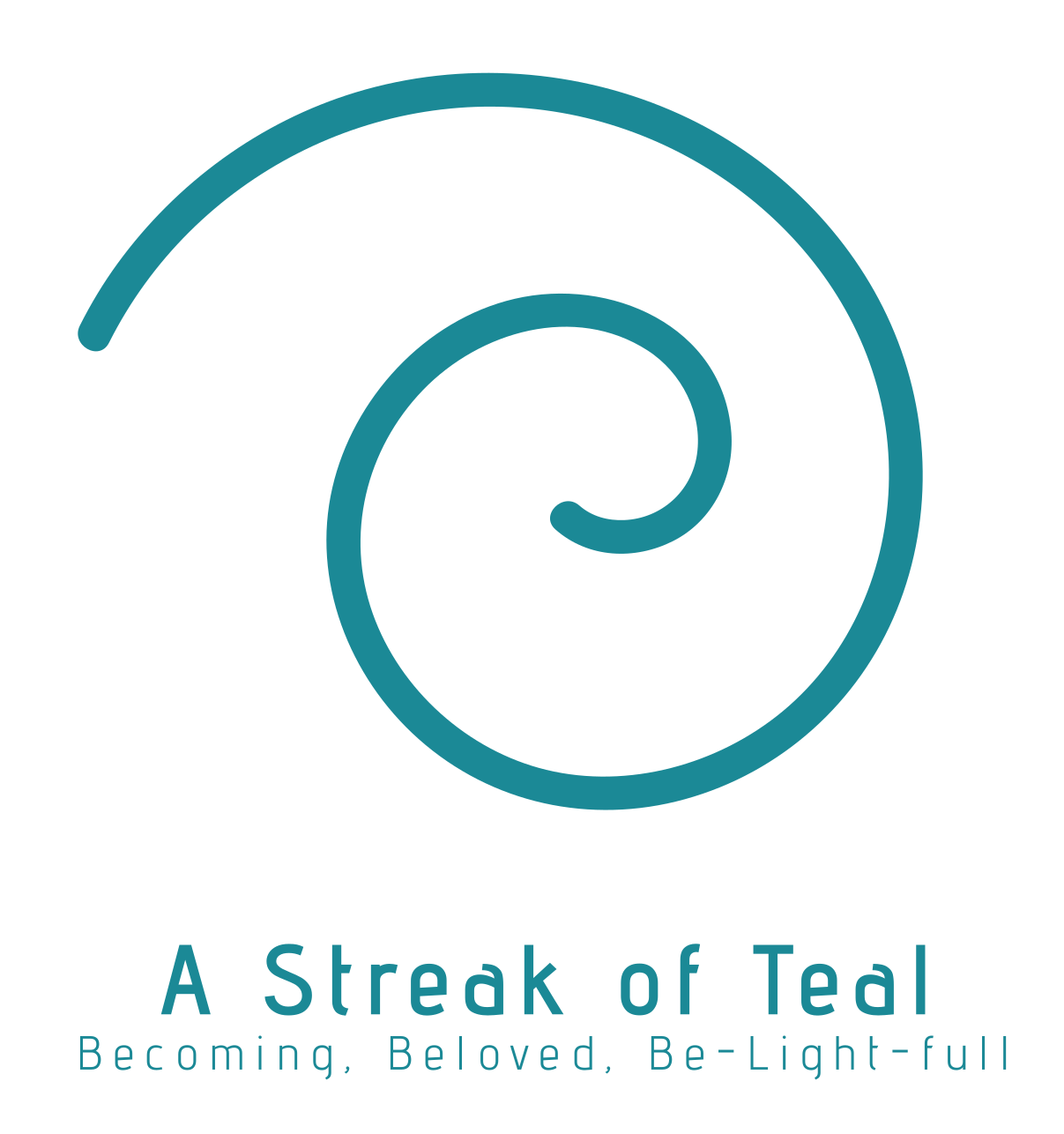Note: This was written March 2019 and reprised here in part because I became interested in following the Iditarod (currently running in Alaska) out of love for my long-legged, run-crazy dog Jasper. With Jasper now in treatment for thyroid carcinoma, I enjoyed this flashback to a time when I imagined Jasper in harness. Also of note, this essay was written in response to a writing prompt: “safety.”
Safety is the penultimate checkpoint for mushers before crossing the finish line in Nome. The dogs, usually Alaskan Huskies, have run, loped, or trotted 977 miles from their starting point in Anchorage. They can bed down here, get veterinary care if they need it.
Most mushers “blow through” Safety, completing the required check-in and mushing on. They are a mere 22 miles from Nome, 3 to 4 hours — in dog time — from the finish line, from the blast of the siren signaling them into the final ramp to the burled arch and the cheering crowd. Ecstasy, hugs all round, protein snacks for the dogs, and then sleep and a shower in some order. This year, the second-place team barreled into Nome in 2 hours, setting the speed record at more than 10 miles per hour. Because the musher had something to prove after coming up short for the win.
Sometimes, Safety becomes a place of respite. The team has come across the infamous “blow hole,” actually a series of natural wind tunnels which can be quite violent. Teams can move through a hurricane-force gale with blowing snow and zero visibility and come suddenly into absolute calm — or vice versa — again and again over several miles of wind-blown drifts and treeless trail.
At this point in the Iditarod, mushers have been racing a minimum of 8 or 9 days, and the back-of-the pack 12 or 13 days. Sleep-deprived, fingers, toes and cheeks frost-bitten from the extreme cold, their minds are fogged over with fatigue and misery. Some hallucinate cat heads or red-eyed monsters. With luck, the monster turns into a trail marker instead of an angry moose. Rookie or seasoned veteran, they all face the same — some say the worst of the Iditarod.
Sometimes, Safety becomes the place where it all ends. This year, a musher with 49 finishes to his credit became disoriented, his team unable to find the trail in whiteout conditions. They circled for hours before the sled became stuck on driftwood and the musher, already suffering from the beginnings of pneumonia at the age of 77, lacked the strength to move the sled and gathered his dogs around him, his throat tightened with fear.
A musher passing by in the distance saw the reflector on the stranded sled but couldn’t stop his team and decided the best he could do was alert officials at nearby Safety.
A second musher saw the same and was able to turn his team to find the alarming cluster of curled up dogs, disabled sled and befuddled leader. There was no option for moving musher or dog team to the cabin in Safety. The fierceness of the wind and the profound stiffness of their fingers prevented them from opening up their sleeping bags.
And so they stood together in a tight embrace, as close as lovers, moving their feet and talking, laughing even, to stay awake and to stay alive. For now, at least. When the corneas of their eyes started to freeze, the outcome seemed grim.
Then, a bit of luck. A trio of fat-tire bicyclists (yes, bicyclists out in 50 degrees below zero) saw the dogs, saw the sleds, saw the huddled mass of frozen humanity — and stopped. One of the mushers had a satellite phone in his bag but hadn’t been able to push the buttons to call for help. The mushers also had an emergency device meant to signal the need for rescue. In their fog and their frozenness, neither had sent out an SOS. The bicyclists were able to call the wife of one musher already waiting at the finish line and to signal the Iditarod officials about the urgent need for rescue.
Out of Safety roared two snow machines. The men were saved, the dogs mushed on to Nome.
The second musher — the one who stopped, the one who saved the first — had the option, could have mushed his own dog team to Nome. It was only 22 miles, 3 or 4 hours from Safety to the finish line. He’d announced at the start it would be his last Iditarod. He’d come this far, 977 miles, 10 days. His dogs were healthy and pulling at their traces. They wanted to go!
He said he couldn’t leave his friend, wanted to make sure he was safe.

